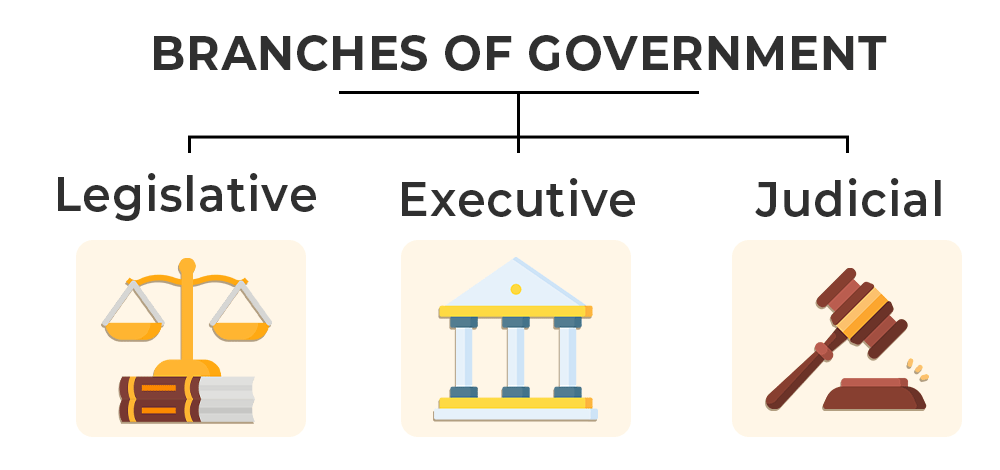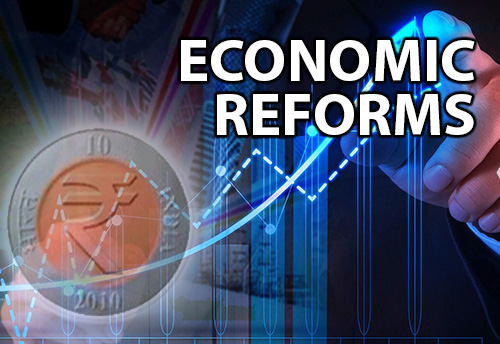Sultan Akbar
Introduction
On March 3, Pakistan’s National Assembly elected Shehbaz Sharif of the Pakistan Muslim League-Nawaz (PMLN) as prime minister for a second time. However, this election was far from ordinary. Allegations of large-scale rigging, military influence, and delayed results marred the process. As we delve into the details, it becomes evident that Pakistan’s democratic system faces significant challenges.
Controversial Election Cycle
- Rigging Allegations: Rigging allegations are not new in Pakistan’s democratic history. However, the February 8 election witnessed a new low, with almost all political parties raising concerns about the legitimacy of the entire process. The credibility of the electoral system hangs in the balance.
- Military Influence: Accusations of military interference during elections have cast a shadow over the democratic process. The delicate balance between civilian governance and military institutions remains a contentious issue.
- Delayed Results: The prolonged delay in announcing election results added to the uncertainty. Transparency and timely reporting are critical for maintaining public trust.
Political Pressure and Coalition Dynamics
- PTI’s Agitation: Former Prime Minister Imran Khan’s Pakistan Tehreek-I-Insaf (PTI) emerged as the largest group in the National Assembly with 93 seats. Despite losing its election symbol, PTI continues to agitate both in parliament and on the streets. The new government must address PTI’s concerns to maintain stability.
- PPP’s Calculated Decision: The ruling PMLN’s primary coalition partner, the Pakistan People’s Party (PPP), opted to abstain from taking a position within the government. This strategic move places the burden squarely on Prime Minister Sharif’s shoulders.
Domestic Challenges
- Economic Crisis: Pakistan faces a faltering economy, exacerbated by inflation and rising prices. The new government must implement effective economic policies to alleviate the suffering of its citizens.
- Internal Security: The country grapples with internal security threats, including terrorism and sectarian violence. Balancing security measures with civil liberties remains a delicate task.
Foreign Policy Conundrum
- Strategic Autonomy: Pakistan’s foreign policy must navigate the delicate balance between maintaining strategic autonomy and engaging with powerful allies. The new government faces the challenge of safeguarding national interests without compromising sovereignty.
- US-China Rivalry: As the United States and China engage in an escalating rivalry, Pakistan finds itself at the crossroads. Balancing relations with both superpowers while safeguarding its own interests is a formidable task.
Prime Minister Shehbaz Sharif’s government inherits a complex landscape. It must address domestic issues urgently while treading carefully in the realm of foreign policy. The road ahead is fraught with challenges, but decisive leadership and transparent governance can steer Pakistan toward stability and progress.
Therefore, free and fair elections are critical for any nation. Free and fair elections bring political stability, which is inevitable for economic stability. An economically stable country can only make independent decisions internally and externally. Therefore, it is essential to investigate the rigging allegations and establish the moral and electoral strength of the present political governments. Without doing this, the political rehabilitation of the governance system will remain in limbo. A weak and unrepresentative government cannot make strong internal and external decisions. Therefore, the challenges for PM Shahbaz-led coalition government will loom large in foreseeable future.
Please, subscribe to the YouTube channel of republicpolicy.com

















